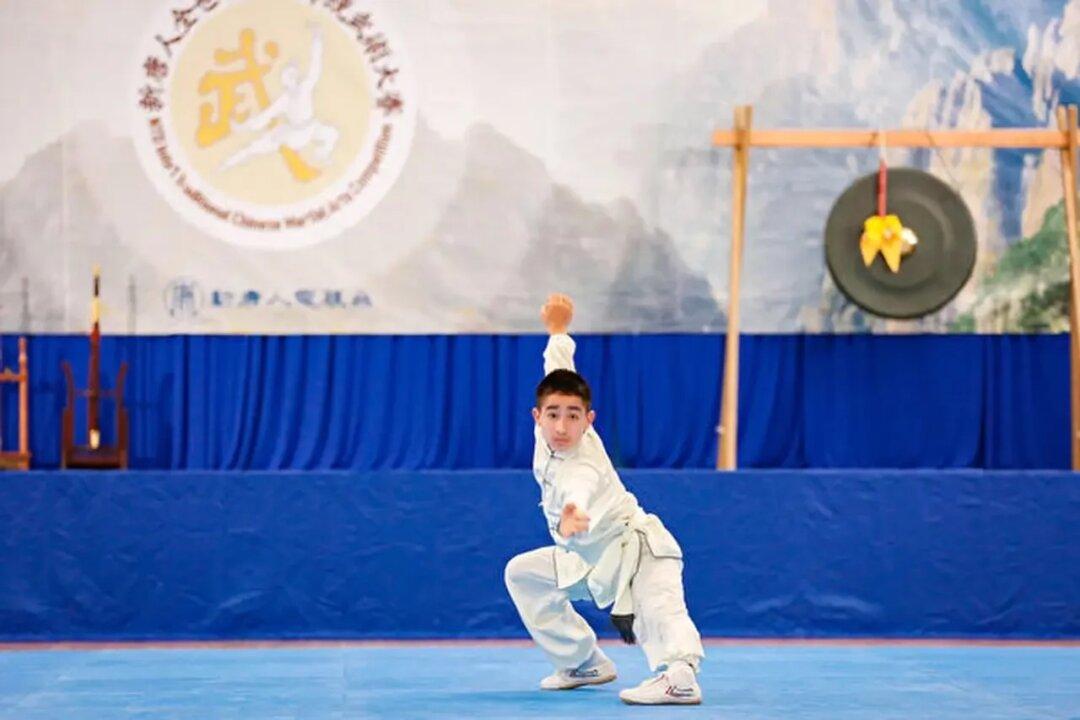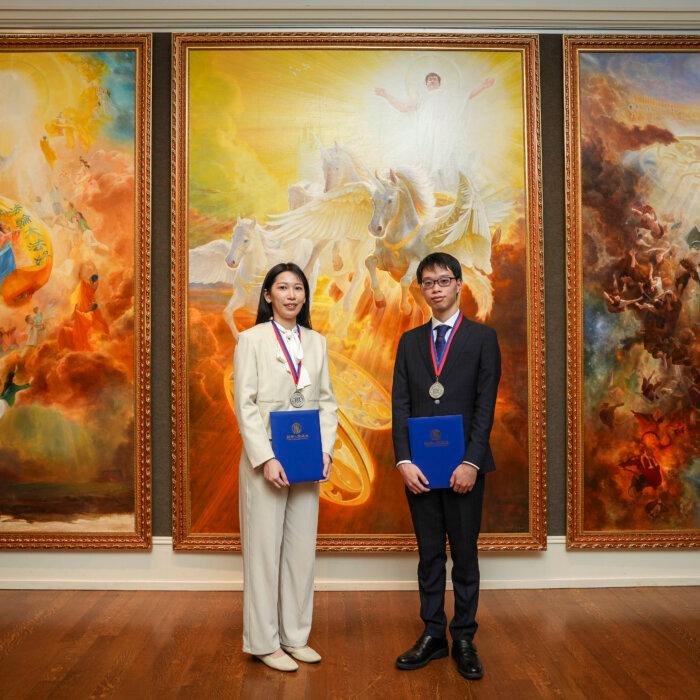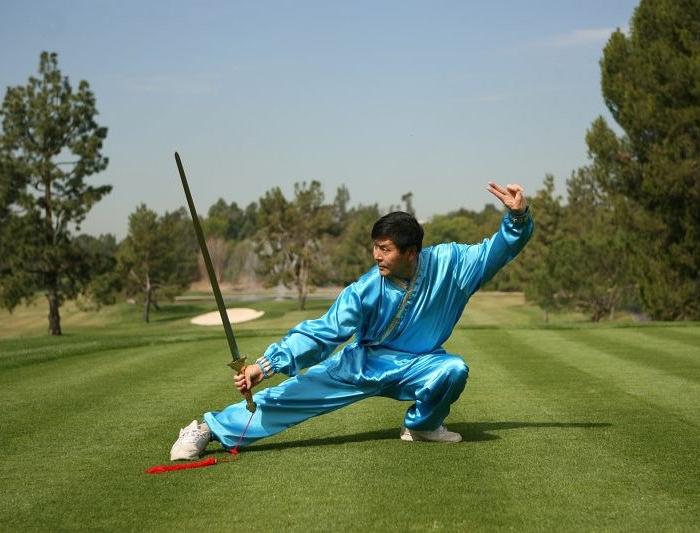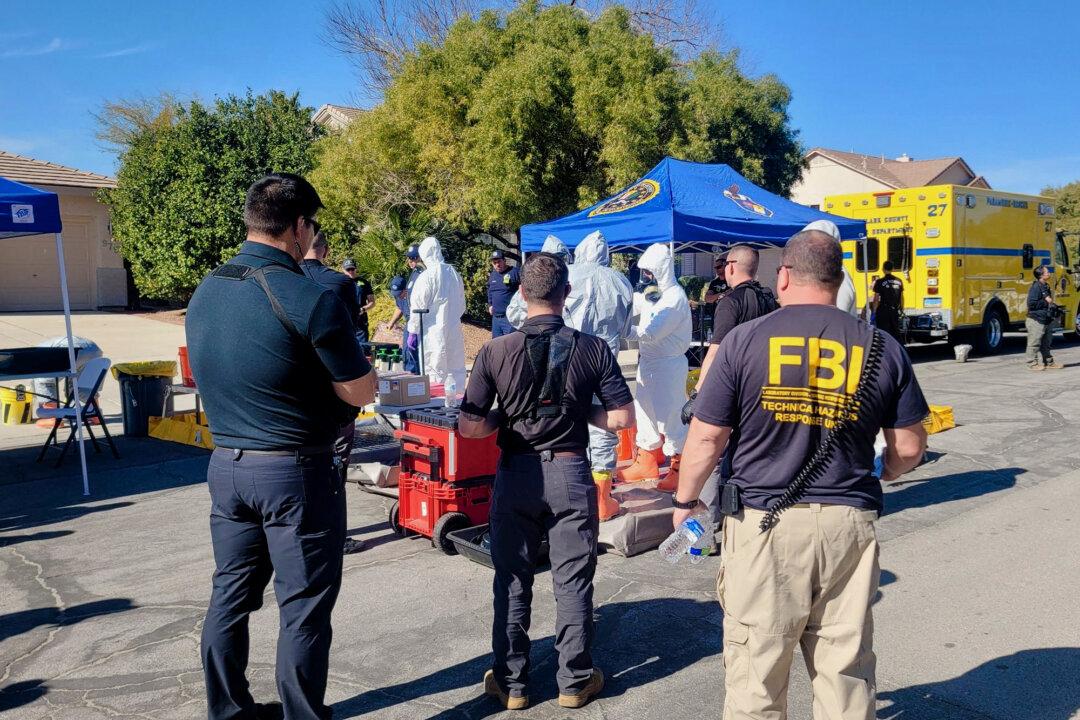Preliminaries are underway in the NTD International Martial Arts Competition, part of a series of events aimed at promoting traditional culture.
This marks the eighth year that NTD has hosted an international martial arts competition.
Setting the competition apart is its mission to “promote traditional Chinese Martial Arts, propagate martial morality, and revive the true, divinely inspired traditional Chinese culture,” as its website states.
Li Youfu, martial arts master and chairman of the competition jury, sees traditional martial arts as an ethical form.
Restoring a Standard
The competition caused a stir in 2022 when, on the final day, no one was awarded the gold medal.Mr. Li said at the time that no one had met the standard for gold but that he hoped to be able to hand out the gold medal in the next competition.
“If they come back in future competitions and show improvement, that spot is open for them,” he said on the final day. Nine silver medals and 26 bronze medals were awarded that year.
What is the standard Mr. Li is looking for?
Mr. Li says the main components of traditional martial arts are the complete coordination of physical movement, strength, and energy and spirit, and he encourages all martial artists to focus their studies on these.
“If you have all the basic skills but don’t have these three, you can’t be the champion,” he said. “We don’t distinguish between races. Whether Chinese or Westerners or any other country or skin color, you must practice traditional martial arts.”
And traditional martial arts is contingent on martial virtue, he explained.
A martial arts master is one who serves his family, community, and country, Mr. Li said. In serving his country, he will, in times of war, fight and kill the enemy.
“Martial virtue must be shown,” he said. “I’ve said that if a teacher teaches martial arts without teaching martial virtue ... he is cultivating an evil person.”
Mr. Li said that traditional martial arts prioritizes stopping evil and promoting good over speed or attack power.
Traditional martial arts have a history of thousands of years, with well-developed systems of theories and movement routines. But after the Chinese Communist Party took power less than a century ago, it launched the Cultural Revolution, gutting China of its traditions and history.
Mr. Li said that when he was in China, those famed martial arts villages such as Wudang and Shaolin were empty. Later, newcomers took root in those places, practicing gymnastics, dance, and acrobatics as a replacement for traditional martial arts.
These forms, sometimes flashy, are also highly difficult, Mr. Li said. But they lack the layered inner meanings required of traditional martial arts.
With the competition, Mr. Li hopes to inspire new generations to restore true martial virtue.








